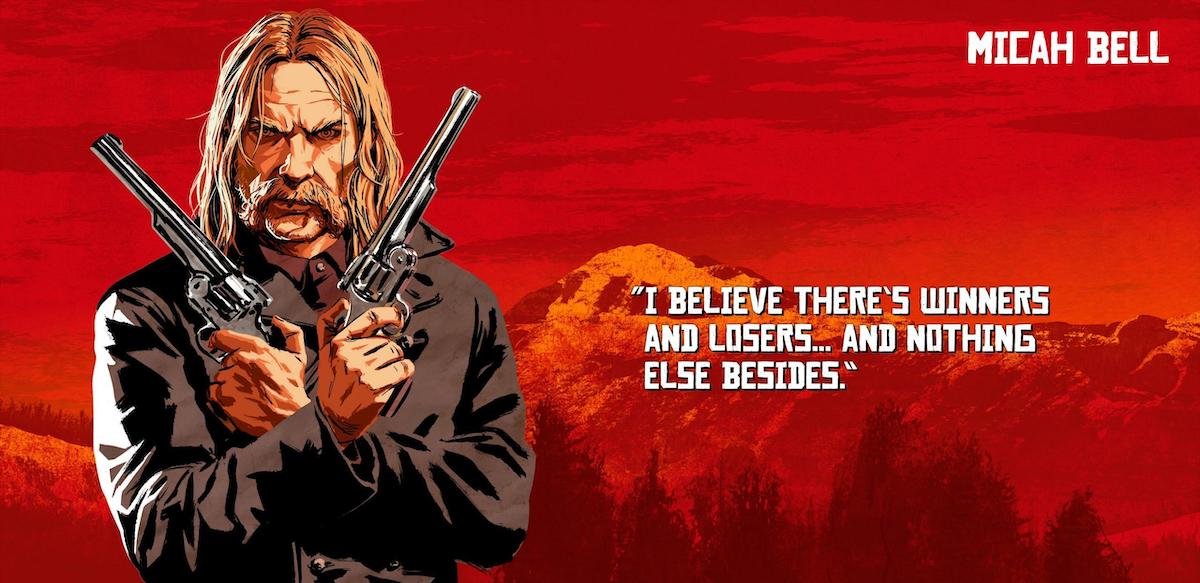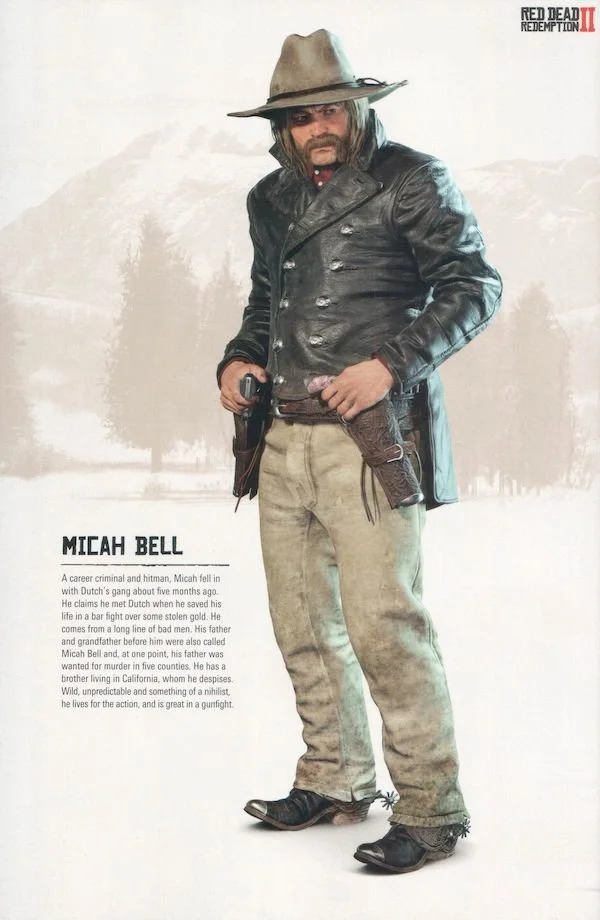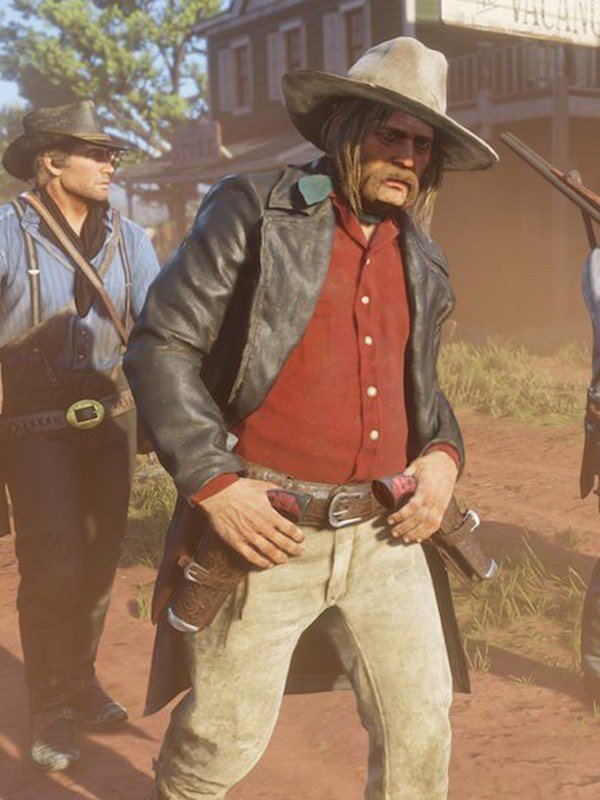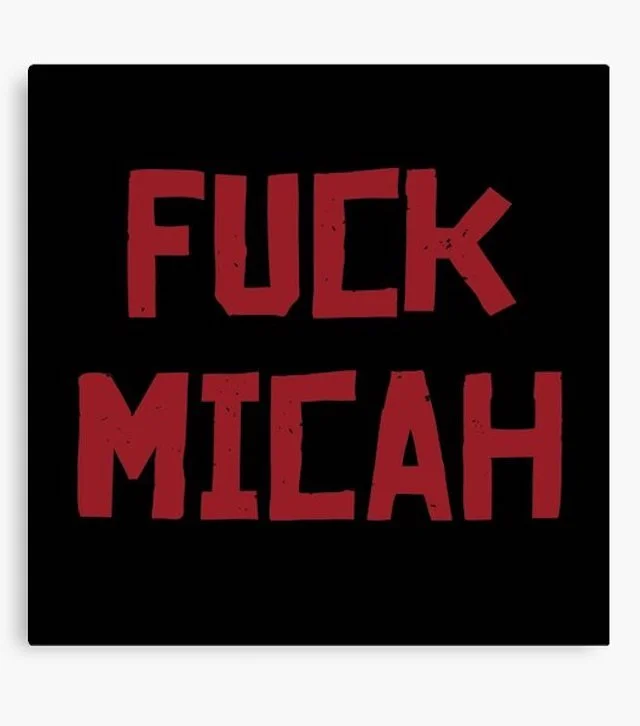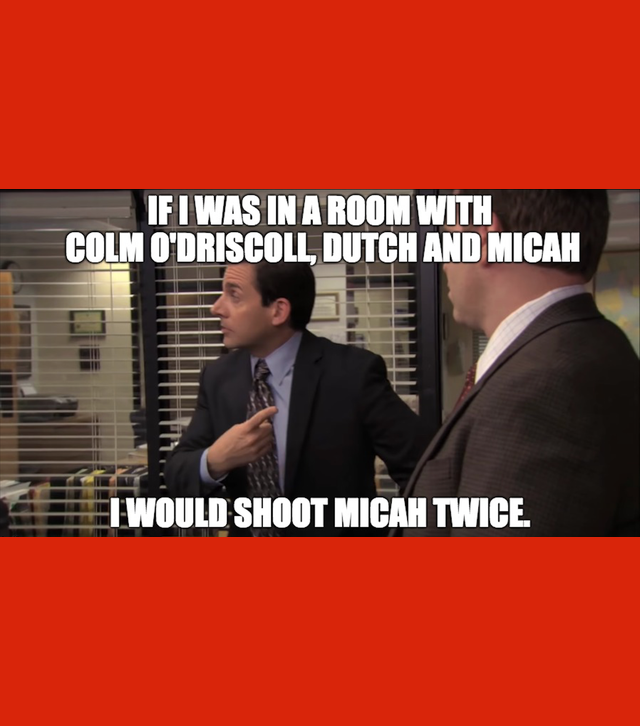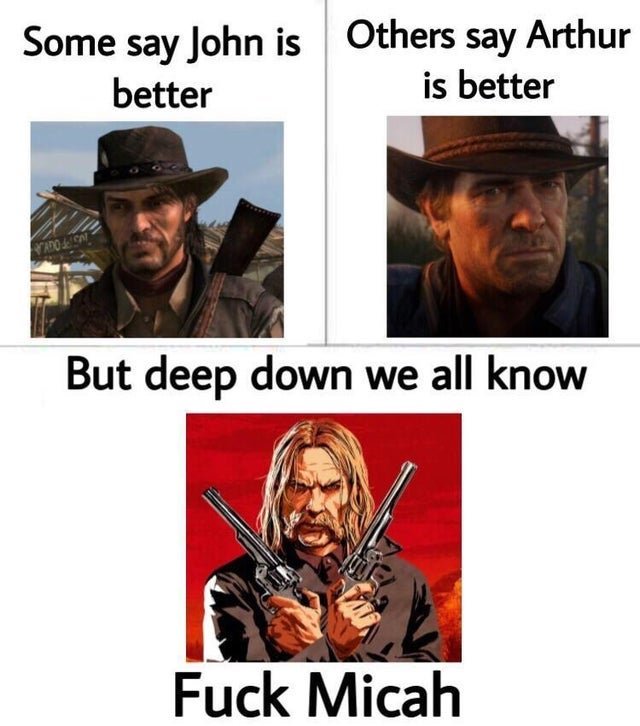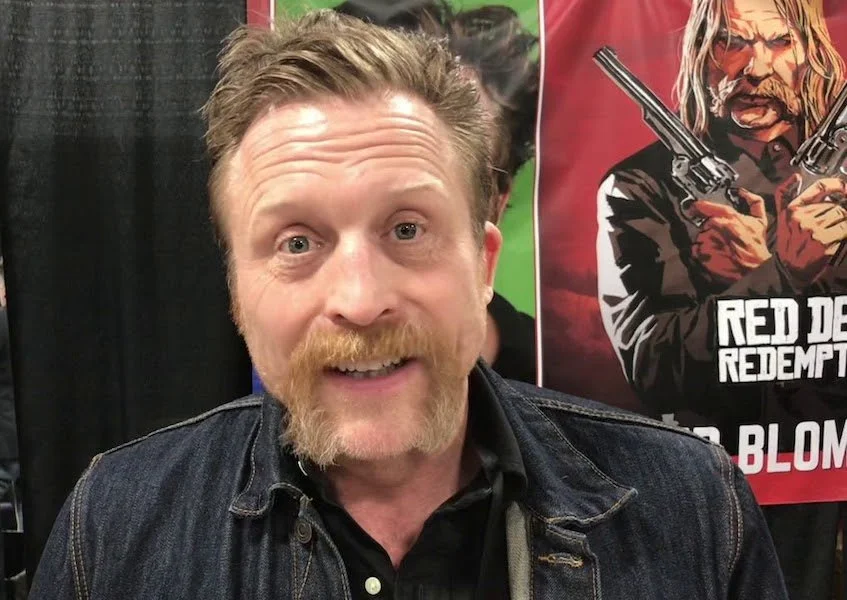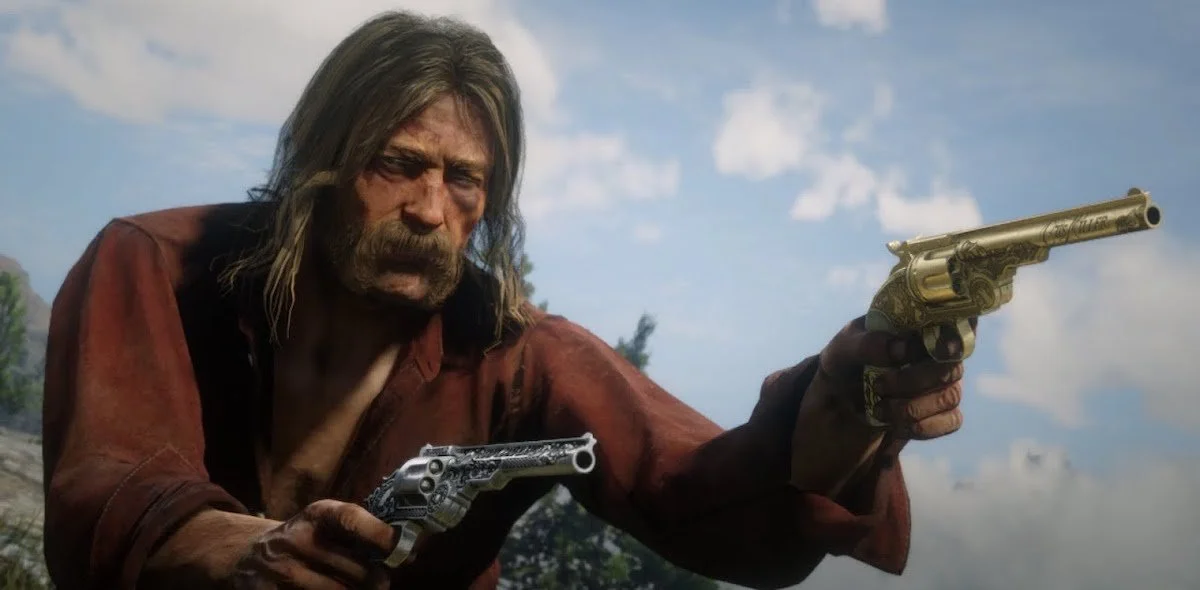Red Dead Redemption 2’s Micah Bell: So Good At Being So Bad
Red Dead Redemption 2 (RDR2) is a masterwork of playable cinema, a transcendent experience whose positivity and humanity echoes far beyond its linear gameplay. Set in 1899, it explores a fictional American Wild West through the eyes and anguish of Arthur Morgan, a member of the infamous Van der Linde gang. From the creators of Grand Theft Auto V and Red Dead Redemption, it’s an epic tale of gunslingers caged in by shifting national dynamics at the dawn of a new century. RDR2 is a magnum opus of outlaws.
I’m by no means alone in the latter belief. The fan base is huge. The reviews are top-tier. The game is its own kind of tumbleweed, continuing to soldier on and pick up speed since its 2018 release with the same steadfast fury on which its world was built.
Red Dead Redemption 2 is empirically good, exemplary in its storytelling and character development, lauded for its gritty realism and mechanics. Full disclosure: I’m no expert on the latter. RDR2 is the only game I’ve ever played through (with the glaring exception of ToeJam & Earl on the Sega Genesis back in 1991) and I have little to compare.
I don’t know what pulling a can of salted offal out of your satchel should feel like, exactly. I can’t imagine how riding a pixelated horse or plucking a bow could feel more lifelike digitally. It amazes me in its technicality and proximity and I love it all.
But I completed my second playthrough yesterday and I do have something to say about the characters and their stories. It’s a controversial theory, one that should come with a warning that it may cause spittle-inducing rage. Yet here it is! Giddyup:
Micah Bell is the real hero of Red Dead Redemption 2.
Okay, okay, obviously he’s fucking terrible.
Micah’s a racist, sexist, human-phobic, conniving murderer who worships the double-cross and tips his hat to chaos at every turn. He betrays friends, terrorizes children, and wears his dysfunction as proudly as his dyslexic double holsters.
He’s the villain, of course. But… but but but. It’s precisely all of that which makes him so bizarrely laudable. Not in the narrative—his position as the nadir of gang morality is secure—but as the nexus of the playable experience.
Everyone hates Micah, inside the world of the game and outside with those playing through his dusty terrain. It’s not a casual hatred, either; not a passing thought. It’s a passionate expression, a ragged, bone-deep rage, one as sure and justifiable as the fervent love the RDR2 community holds for the playable protagonist Arthur Morgan.
Arthur is the undeniable heart of the story, a stabilizing and life-sustaining force, whether you played him as a cur or a choir boy. His arc and introspection seem to have comforted, consoled, and inspired many players, particularly through COVID. RDR2’s themes of loss, loneliness, and absolution rang painfully true and devastatingly relevant during this odd epidemic of isolation. For those players stuck at home, Arthur is a fun proxy to safely explore the outside world while also exploring life’s morally gray areas. It’s a powerful exercise in human complexity and natural beauty, and I’m grateful for every heart-breaking minute of it.
I’d argue that Micah gave us even more. While Arthur offers us an examination of a mercurial life that cuts through a century, delivering the Wild West into the unprecedented present, Micah is both a cautionary tale and a way to galvanize people under a common purpose. No matter how you choose to play as Arthur, everyone from the banks of Saint Denis to the steam donkeys of Strawberry comes away from this gaming experience knowing exactly who to hate. In Micah’s inarguable awfulness, he gives us something unquestionable: a unifying and universal thread in a sequestered and uncertain world.
I mean this with love: there’s magic in that hatred. As humans, we naturally crave a target for our feelings, a receptacle to help make the acrid emotional cocktail we’ve been served a bit more palatable. There’s no “antagonize” button in real life, but Micah is a fictional lightning rod for players’ legitimate pandemic discontent and displacements. We all went through something weird and difficult in our own ways, with few places to channel our frustrations. It’s hard to hate a microbe. But it’s easy to hate a rat.
As the expression goes: “No bond is stronger than two people who dislike the same person.” In the RDR2 community, sitting alone in our respective spaces, safe but shaken, that bond was forged by Micah Bell. Visit the RDR2 subreddit, read social posts, or check out gaming sites: the people who love this game come together over more than just Rockstar’s gorgeous creation. They’re connected by how much they all want to dropkick a certain mustached maniac and make him pay.
“Fuck Micah” is fan-favorite phrase, but it’s spoken like a speakeasy password, with a wink and a nod of recognition. To be sure, he’s not the only villain in the game—Dutch, Colm, Milton, the Skinner Brothers, even Arthur’s own dark side are all standouts—yet Micah is in a class of his own.
Credit to the creative team for crafting a story hinged on such a brilliant bad guy. But it’s the genius of actor Peter Blomquist that gets under our skin in a million subtle and sinister ways.
His Micah is slick and snide, slithering through the story delivering death by a thousand undercuts. He’s unabashedly despicable, a walking embodiment of id and impulse.
With vowels that stretch on for days and perhaps the best performance-captured facial hair in history, he’s crazy and corrupt, but makes it all cool. The portrayal is nuanced, moments of humanity jarring enough to question the purity of his evil before it’s hammered home again with a well-placed bullet or his signature heh-heh-heh laugh. Micah is a very bad man doing very bad things, and Blomquist is breathtakingly good at bringing it to life.
In the Red Dead Redemption 2 universe, few things are absolute. The game’s central premise is change—a rapidly evolving world, whether people are truly capable of shifting their inherent nature, how to cope when the ground under your feet keeps crumbling. But hatred of Micah is certain, secure, and guilt-free. He’s the antagonist we can unite against, an uncomplicated evil we can all agree on. He’s far from being the one we root for, but he’s the one we can’t forget: a hero forged from being a big enough bastard to bring people together when we needed it most. Micah Bell is the worst, and the world is better for it.


